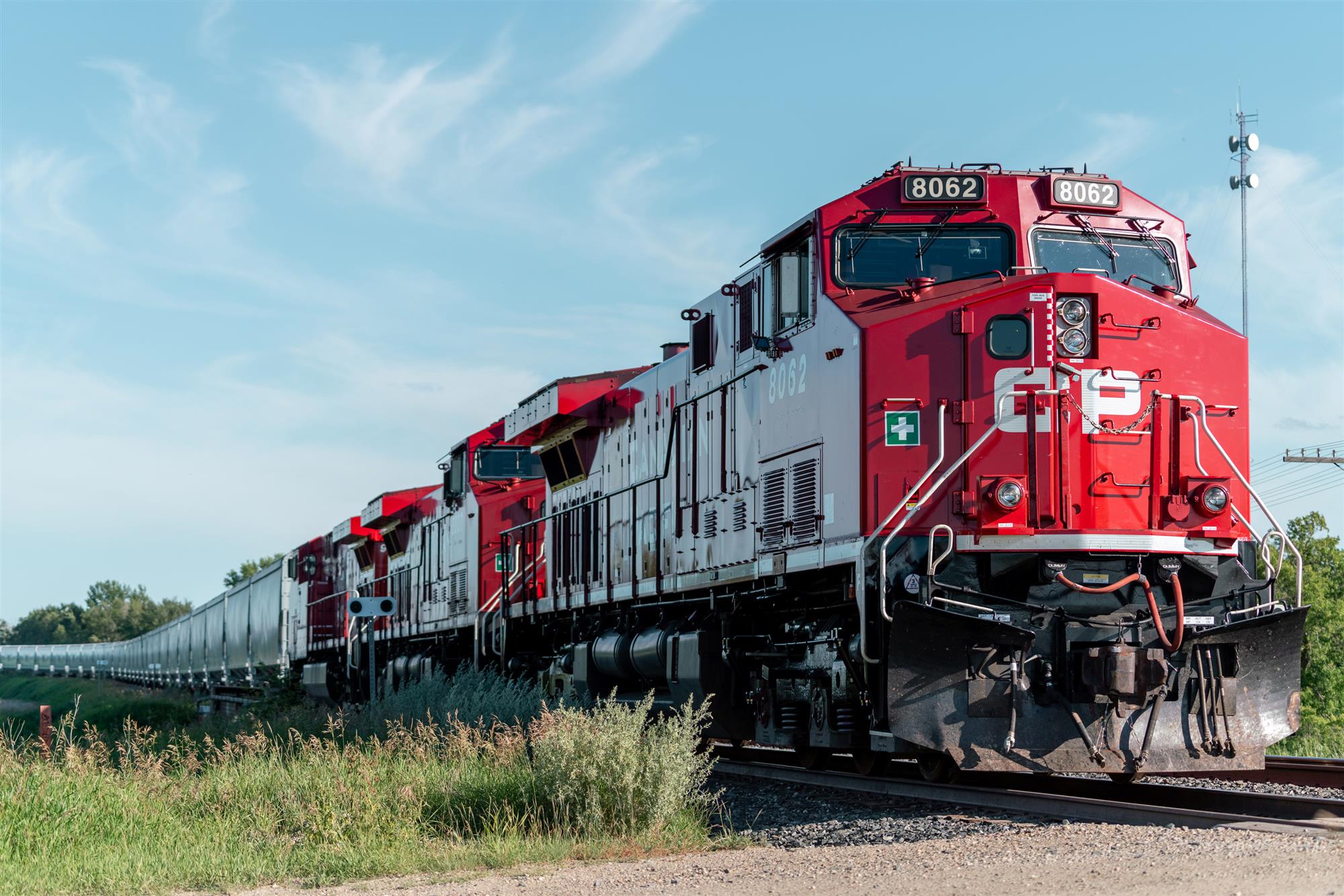Canadian Pacific Railway Limited (CP) said it received the Surface Transportation Board (STB) approval on May 6 of a voting trust for its planned merger with Kansas City Southern (KCS).
In a statement, it said this marks an "important milestone" for its merger deal with KCS — which also received a counteroffer from Canadian National Railway (CN).
"Following this critical milestone, we are proceeding full steam ahead to complete this historic combination, creating the first truly North American single-line railroad," said CP President and Chief Executive Officer Keith Creel.
"We are continuing to prepare our formal merger application and proxy filing for a shareholder vote in the near future."

In order to close into voting trust, the transaction requires approval from shareholders of both companies along with the satisfaction of customary closing conditions.
CP said it would then acquire KCS shares and place them into the voting trust, at which point KCS shareholders will receive their consideration.
KCS management and Board of Directors will also continue to lead the company while it is in trust, pursuing KCS' independent business plan and growth strategies while the merger undergoes regulatory review with David Starling, former CEO of KCS, appointed trustee for the voting trust.
On March 21, CP and KCS entered into a merger agreement under which CP has agreed to acquire KCS for US$29 billion in cash and stock.
The STB last month affirmed it will review the CP-KCS combination under the waiver granted to KCS in 2001 to exempt it from new merger rules which the STB implemented that year.
In reaching this decision, the STB noted that the two companies once combined would remain the smallest of the Class 1 carriers.
"STB decision repeatedly noted that the Board's grant of formal approval for the CP voting trust was 'based solely upon the specific facts' of the CP/KCS transaction and was under the pre-2001 regulations applicable to the CP/KCS transaction rather than the post-2001 regulations, which adopt a 'much more cautious approach to future voting trusts,'" it said.
It added: "The decision made clear that when reviewing a voting trust under the 2001 rules, the STB has 'plenary authority' and an obligation to review a variety of factors in determining whether the use of a trust, in the context of a specific proposed transaction, would be "consistent with the public interest."